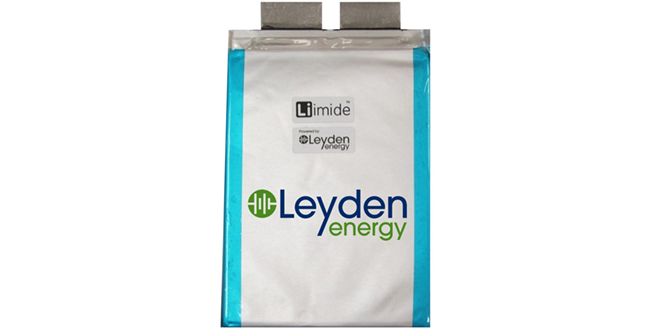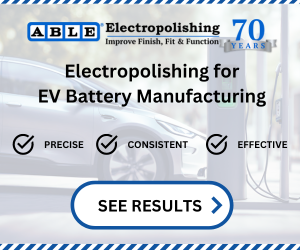A123 Systems is back in the news. The battery-maker, now a wholly owned subsidiary of China’s Wanxiang Group, has acquired Leyden Energy’s intellectual property in battery materials covering lithium titanate (LTO) and non-flammable electrolyte (Li-imide) technology. As part of the deal, some of Leyden’s key technical staff will be joining A123’s R&D organization.
Leyden, which was the subject of a Charged feature article in October, has developed a battery specifically designed for start/stop applications. Start/stop (aka micro-hybrid) technology, which some describe as the bottom rung of the electrification ladder, is expected to become ubiquitous over the next few years. 40 percent of new cars sold in Europe already incorporate the technology. The US Advanced Battery Consortium, a group that includes GM, Ford and Chrysler, recently presented Leyden with a healthy chunk of development funding.
Leyden’s LTO/LMO battery, which is built on its proprietary Li-imide platform, is optimized for start/stop applications in several ways: it can deliver a lot of power over a wide temperature range; can recharge rapidly (critical for recovering regenerative braking energy); has long cycle life and calendar life; is small and lightweight; and requires no complex battery management system.
“As the world’s OEMs continue to invest more effort in the development of their respective micro-hybrid systems, the global diversity of requirements is growing rapidly. By expanding our technology portfolio for this fast-growing market, A123 now has the right solution for nearly every micro-hybrid program worldwide” said Jason Forcier, CEO of A123 Systems. “We are pleased to welcome the Leyden Energy scientists to A123 and look forward to further development in each segment of our expanded portfolio.”
Leyden’s Li-imide electrolyte does not react with water, nor does it generate hydrofluoric acid, making it especially resistant to heat. According to Leyden, this enables higher energy density and longer cycle life for legacy carbon-based active materials (anode and cathode), and permits the development of new chemistries with high energy-density active materials, including silicon anodes.
Source: A123




















































